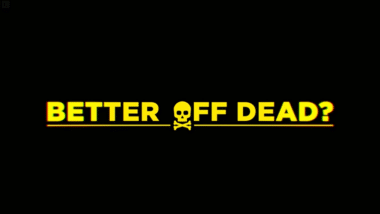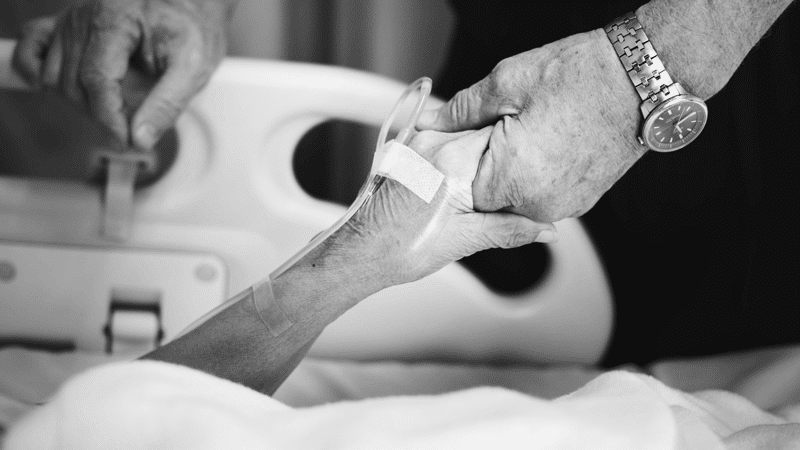Support for assisted suicide in Scotland is in decline, an analysis of polls has revealed.
Posting his findings in the Journal of Medical Ethics, Professor David Albert Jones said Scots feel increasingly unsure about making it legal for people deemed to be terminally ill to get help to kill themselves.
The analysis undermines claims from Liam McArthur MSP that there is “increasingly irresistible” momentum behind his proposal to remove end-of-life protections. McArthur introduced his assisted suicide Bill to the Scottish Parliament in March.
Analysis
Prof Jones of the Anscombe Bioethics Centre in Oxford said surveys in Scotland by Dignity in Dying show a decline in “strong support” for a change in the law, from 55 per cent in 2019 to 40 per cent in 2024.
He argued: “To measure change in support over time, it is important to use the same question and to conduct multiple repeated polling.”
Using data generated from a YouGov bimonthly tracker of opinion on the issue to 8 April 2024, the bioethicist went on to demonstrate that support for assisted suicide among Scots “has declined measurably” over the past five years.
He also noted that assisted suicide “simply did not register” in a 2023 poll on issues of top concern for Scottish voters.
In step with public opinion
Prof Jones concluded that public support for legalising assisted suicide in Scotland “has declined markedly in recent years”.
He added: “MSPs should assess for themselves the merits and/or dangers of the proposed Bill without fearing that they will be out of step with public opinion.
“Indeed, if they feel ambivalent or hesitant on this issue then they are probably reflecting the views of most people in Scotland.”
Controversial
In a recent event hosted by the Royal Society of Edinburgh, GP and broadcaster Dr Margaret McCartney expressed “very little confidence” in the Scottish Parliament to handle such controversial legislation.
She said: “When you’re talking about making decisions on evidence – how high quality is that evidence? What are the gaps? What are the uncertainties? And there’s lots and lots of them.
“But in terms of the real world, and where this is going to be made, well, I followed the gender recognition act very closely in Scotland to see how well decision-making was done, and I have to say I was absolutely appalled.
She added: “I have to say that has given me very little confidence that the Scottish Parliament is capable of providing a high-quality assessment of the evidence, and looking at uncertainties and the gaps and the unknowns when we’re going forward to discuss this Bill.”

‘Better Off Dead?’: BBC puts spotlight on disabled opposition to assisted suicide
‘Why I shredded my Dignitas membership’
Belgium: Insurance boss backs euthanasia for elderly to save money

